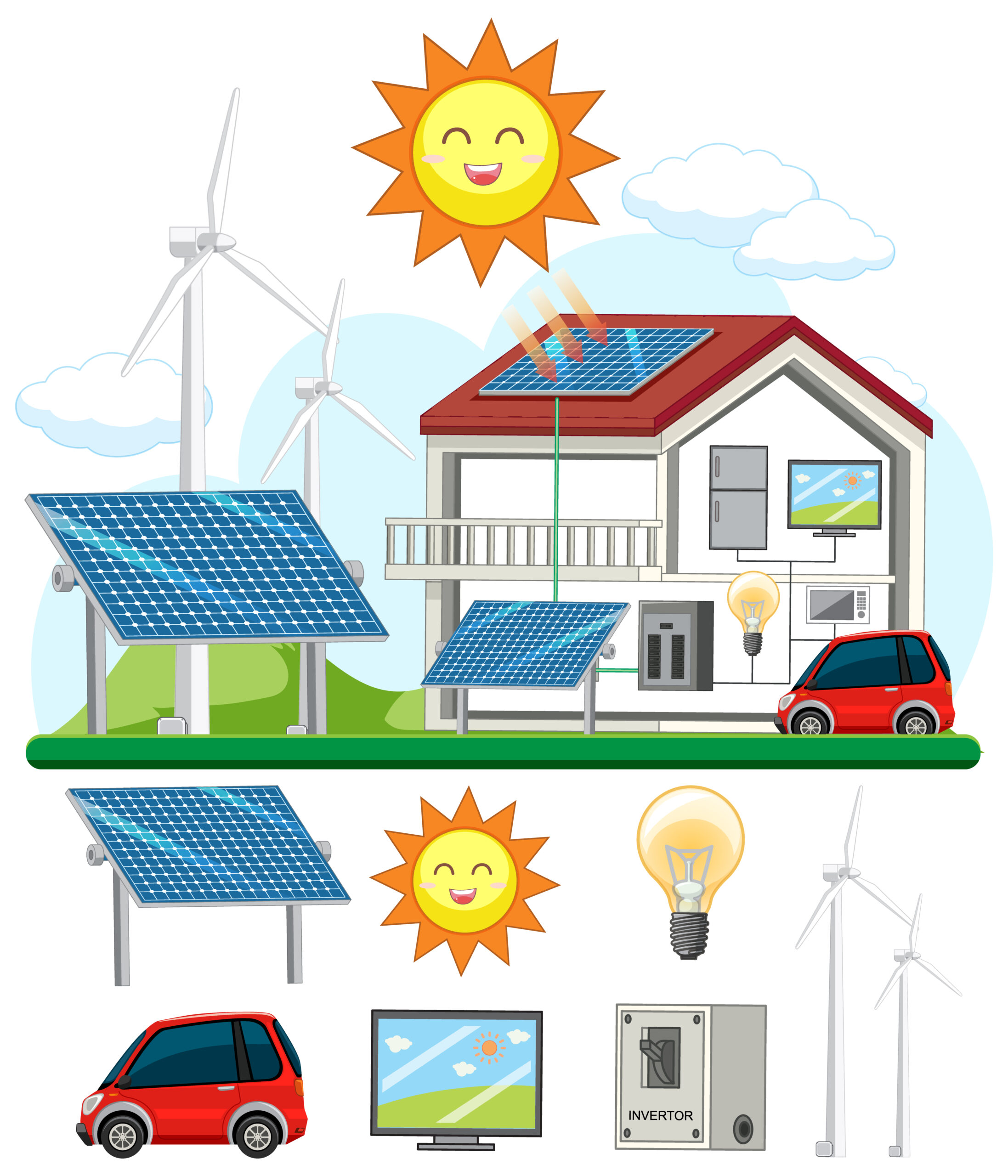INTRODUCTION
A solar system has become one of the most effective solutions to tackle Pakistan’s energy crisis, providing a sustainable and cost-effective alternative to the national grid. However, with changing government policies and economic fluctuations, many are questioning whether investing in a solar system is still a wise decision. In this article, we provide a comprehensive analysis of solar system trends, government policies, cost-effectiveness, and the future of solar energy in Pakistan.

Current Trends in Pakistan’s Solar System Industry
Rapid Market Expansion of Solar Systems
The solar system industry in Pakistan is growing at an unprecedented rate. According to Mordor Intelligence, Pakistan’s solar energy capacity is expected to reach 2.07 gigawatts (GW) by 2025 with a 46.55% compound annual growth rate (CAGR), potentially reaching 13.97 GW by 2030 (Mordor Intelligence).
Increased Adoption of Solar Systems Across Industries & Households
- Many businesses and industries have shifted to solar systems to reduce reliance on the national grid and cut down electricity expenses.
- Due to rising inflation and high utility costs, residential consumers are also increasingly installing solar systems.
Declining Solar Panel Costs Making Solar Systems Affordable
Technological advancements and mass production have significantly reduced solar system prices in Pakistan. A recent report by The Express Tribune highlights a drop in solar panel prices following the new government policy (The Express Tribune).
Government Policies & Regulations Affecting Solar Installation in 2025
Addressing Skepticism Over Government Policies on Solar Energy
Many Pakistanis remain skeptical about the government’s commitment to supporting solar system adoption. Uncertainty around taxation and net metering has raised concerns among potential investors. However, recent clarifications from the government suggest that solar energy policies remain stable, and there are no immediate plans for unfavorable changes. Furthermore, if someone wants to learn about government licensing policies for solar installations, they should visithttps://alphaconsultingpk.com/aedb-registration-solar-licence-pakistan/
Net Metering Price Reduction & Its Impact
This change has sparked concerns among existing and potential solar system investors, as it extends the cost recovery period from 3-4 years to 10-12 years. However, the government maintains that this revision promotes fair distribution of energy benefits, as 80% of net-metering users are from affluent urban areas (PhotoNews).
No Changes in Solar System Policies
Prime Minister Shehbaz Sharif has reaffirmed that no changes will be made to the existing solar system policy, addressing concerns about potential regulatory modifications (The News).
Government Incentives to Promote Solar Energy Adoption
- Solar Panel Program 2025: The government has introduced initiatives to promote renewable energy adoption, decrease reliance on imported fuel, and encourage the installation of solar systems.
- Net Metering Policy: Consumers with solar systems can sell excess electricity back to the grid, reducing their overall electricity bills.
No Taxes on Solar Systems
Energy Minister Awais Leghari confirmed that there are no taxation plans on solar energy, providing financial relief for those investing in solar systems (Urdu Point).
Benefits of Investing in a Solar System in Pakistan
1. Cost Savings with a Solar Energy
With soaring electricity prices, installing a solar system can lead to significant savings on electricity bills. By utilizing net metering, consumers can further reduce costs and even generate additional income. Despite the recent net metering rate reduction, long-term savings from self-consumption of solar energy remain substantial.
2. Environmental Impact of Solar Systems
A solar system is a clean, renewable energy source that reduces reliance on fossil fuels and cuts down greenhouse gas emissions, helping combat climate change.
3. Energy Independence Through a Solar System
By installing a solar system, households and businesses can reduce dependency on the national grid, ensuring uninterrupted power supply even during load-shedding.
4. Increased Property Value with Solar Systems
Homes equipped with solar systems have higher property values and are more attractive to buyers looking for energy-efficient solutions.
5. Job Creation & Economic Growth in the Solar Energy Industry
The growing demand for solar systems is boosting job opportunities in manufacturing, installation, and maintenance, supporting Pakistan’s economy.
Challenges & Considerations Before Installing a Solar System
- Initial Investment Costs: Despite decreasing prices, the upfront cost of a solar system remains a barrier for many consumers.
- Extended Payback Period Due to Net Metering Changes: With the recent reduction in the export buyback rate, solar investors must now adjust their return-on-investment expectations, as cost recovery may take up to 10-12 years instead of 3-4 years.
- Grid Infrastructure Limitations: Pakistan’s power grid needs improvements to accommodate more solar system installations.
- Weather Dependence: While solar systems are effective in most regions, their efficiency can be affected by cloudy weather or dust accumulation.
Conclusion: Is a Solar System Still Beneficial in Pakistan in 2025?
Yes, investing in a solar system is still a highly beneficial and cost-effective option in Pakistan. Despite the recent net metering policy changes, the long-term advantages of solar energy, including electricity savings, environmental benefits, and energy independence, continue to make it a wise investment. Government incentives, declining costs, and the increasing need for alternative energy sources further reinforce the importance of solar systems in Pakistan’s energy landscape.
